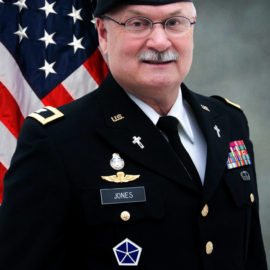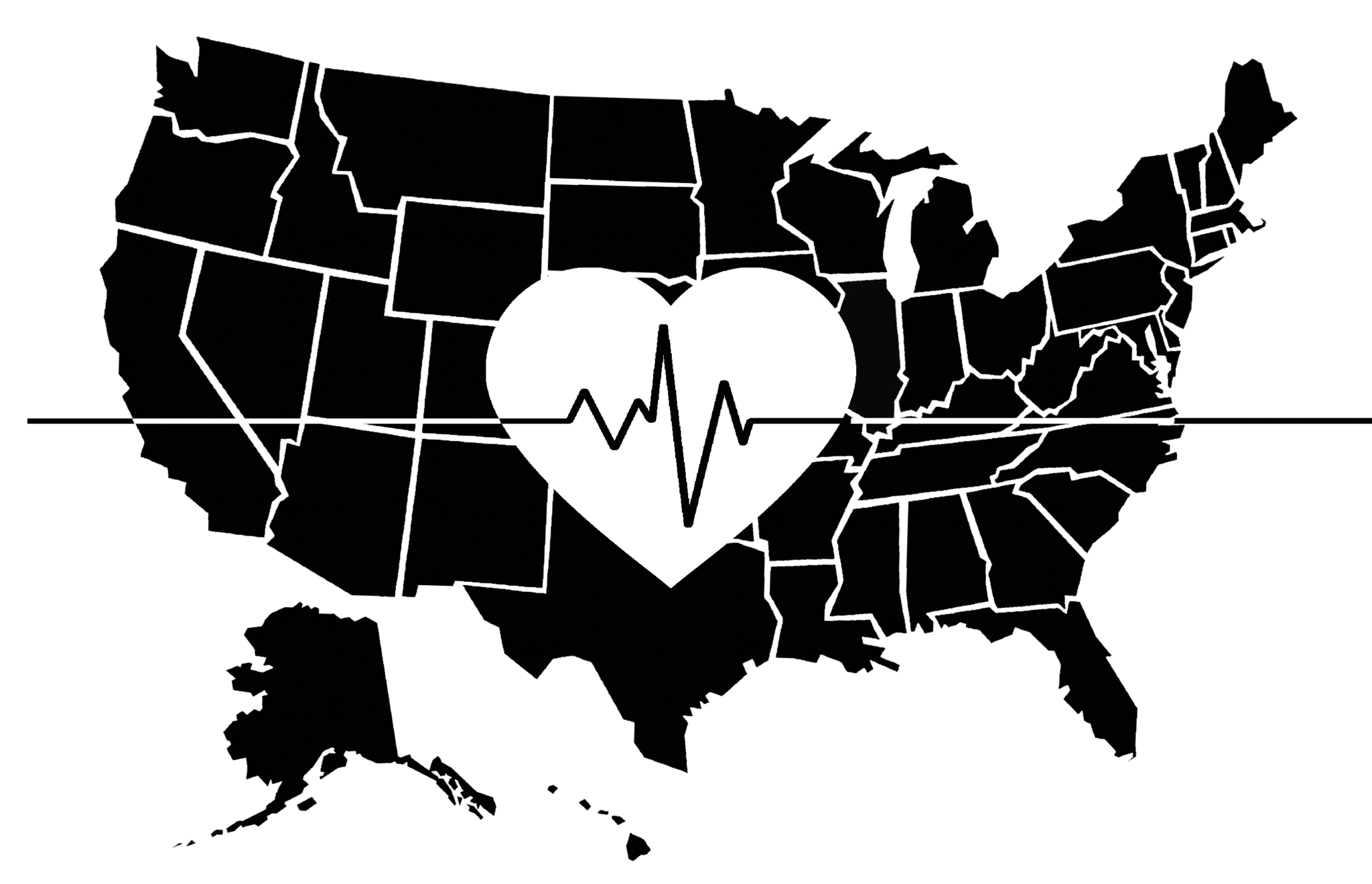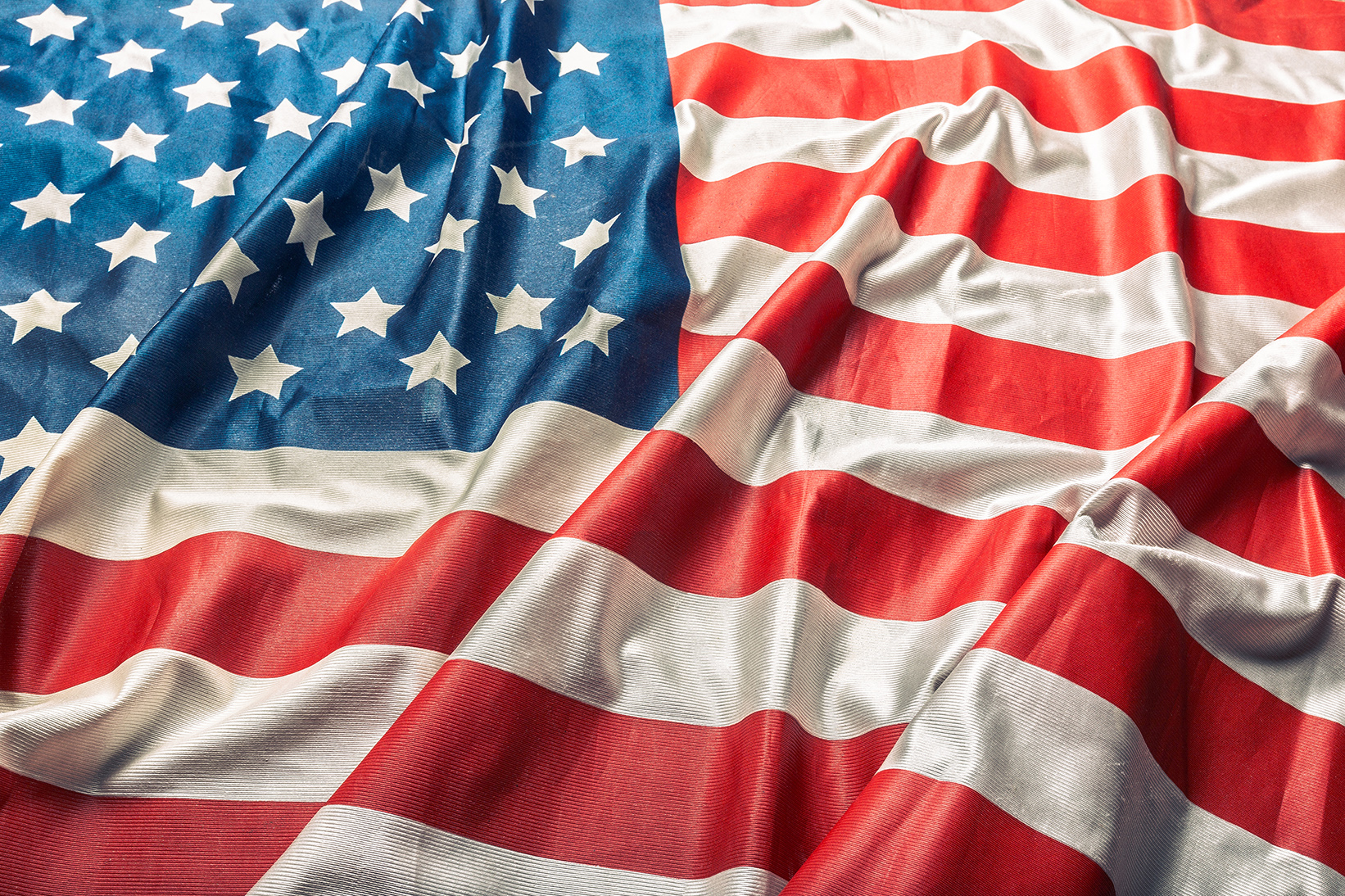It is fitting to begin by acknowledging the rich historical context of freedom as it applies to both the United States and the military chaplaincy.
Following his appointment as Commander-in-Chief of the Continental Army, George Washington quickly recognized the vital need for pastoral care among his soldiers. He formally requested that Congress recognize chaplains as an official branch of the Army. On July 29, 1775, Congress granted Washington’s request, and the Chaplain Corps was officially born. Initially, there was one chaplain assigned to each regiment in the Continental Army, tasked with attending to the spiritual, emotional, and even physical well-being of the troops. Remarkably, the Chaplain Corps stands as the second oldest military branch of the U.S. Army, preceded only by the Infantry.
A pivotal moment in American history, July 4th, 1776, saw Congress approve the Declaration of Independence, unequivocally declaring the thirteen original colonies' freedom from Great Britain. This foundation of liberty was further cemented in 1791 when Congress approved Amendment I to the Bill of Rights, stating, "Congress shall make no law respecting an establishment of religion or prohibiting the free exercise thereof." This amendment profoundly impacts the role of military chaplains today.
In 1943, a Chaplains Examining Committee, comprised of J. A. Synan, G. H. Montgomery, and H. T. Spence, endorsed John Vinson Ellenberg (now deceased) as the first IPHC chaplain to represent our denomination in the U.S. Army. Since that historic endorsement, the IPHC has commissioned over fifty men and women to serve as chaplains across all branches of the military. Currently, ten IPHC chaplains are on active duty, two serve in the reserves, and two others are chaplain candidates actively pursuing their full commissioning.
Belonging to the military is a unique calling, undertaken by less than 3% of American citizens at any given time (statistics vary). It involves a tremendous sacrifice: leaving home, submitting to rigorous regulations, adhering to strict rules and practices, and ultimately facing the inherent dangers of war. When individuals join the military, they voluntarily yield certain civilian freedoms in order to safeguard the foundational freedoms enshrined in the U.S. Constitution for all Americans.
Despite these sacrifices, especially during times of deployment and conflict, military personnel retain a profound need to celebrate and experience their religious foundations and convictions. This is precisely where the military chaplain plays an indispensable role. As George Washington wisely discerned in his era, military personnel require dedicated attention to their spiritual, emotional, and even physical well-being.
The federal government, through Title 10 of the U.S. Code, goes to great lengths to ensure that military personnel and their families' freedom of religion is meticulously protected. This code explicitly dictates that military chaplains will provide for the religious needs of service members. Simply, military chaplains provide for those needs either directly or by referral. They serve as special staff officers to their commanders and advise the commander on such provision. Just as all other personnel have their religious needs accommodated, so too does the chaplain, embodying religious freedom at its best.
When appropriate, such as in a voluntary Bible study, a volunteer prayer service, or a worship service, chaplains are granted the liberty to conduct such gatherings with uninhibited freedom of speech, openly encouraging and inviting anyone to respond to the Gospel message. These intentional moments represent some of the most powerful ways chaplains share the Gospel of freedom. Just as civilian Christians have the liberty to live out and converse about their freedom found in Christ—no longer enslaved to sin, but freed to live for the glory of God—so does the military chaplain. While we might commonly use the word 'evangelism,' the federal government often uses the term 'proselytizing,' requiring a chaplain to exercise wisdom and ensure no military personnel are coerced into hearing the Gospel.
Testimonies and stories of how our chaplains are reaching people with the Gospel of Freedom are truly innumerable. From military chapels to Air Force airplane hangars, Navy ships and bases, Army field exercises, dining facilities, motor pools, specialized classes, and beyond, chaplains consistently seize opportunities to share their personal spiritual journey of submission to Christ when appropriate, inviting others to do the same.
The Holy Scriptures powerfully encourage us to walk in spiritual freedom:
Romans 8:21: "...that the creation itself also will be set free from its slavery to corruption into the freedom of the glory of the children of God."
Galatians 5:1: "It was for freedom that Christ set us free. Therefore, stand firm and do not be subject again to a yoke of slavery."
Galatians 5:13: "For you were called to freedom, brothers; only do not turn your freedom into an opportunity for the flesh, but through love serve one another."
1 Peter 2:16: "Act as free people, and do not use your freedom as a covering for evil, but use it as slaves of God."
Prayer Points for the United States and Our Chaplains:
1- Pray that our civilians will actively work towards peace on earth.
2- Pray for all civilian and military leaders, that they will lead with high moral standards.
3- Pray for all military chaplains and their families: for divine protection, courage, and spiritual, emotional, and physical strength, and for comfort in times of loss.
4- Pray that military chaplains will preach the Gospel wisely at every opportunity, directing military personnel away from sin and toward the grace of God, discipling and baptizing as opportunities arise.
Above all, Military Chaplains possess the profound freedom to remain faithful to their original calling as preachers—to go into all the world, make disciples, and baptize them in the name of the Father, Son, and Holy Spirit, as instructed by the Lord.
Click the link to discover more about this ministry and explore incredible opportunities to serve.
Chaplain (COL) Jerry L. Jones, US Army Retired, is a native of Richmond, Virginia. He and his wife Cynthia, a native of Tuttle, Oklahoma, are blessed with two children: Jessica and her husband John, along with their son Tripp, who reside in Elgin, Oklahoma; and Jay and his wife Angie, with their son Drake and daughters Brooke and Evangeline, who reside in Cache, Oklahoma. He currently holds the vital role of Chaplains Ministries Director and Endorser for the International Pentecostal Holiness Church (IPHC).



